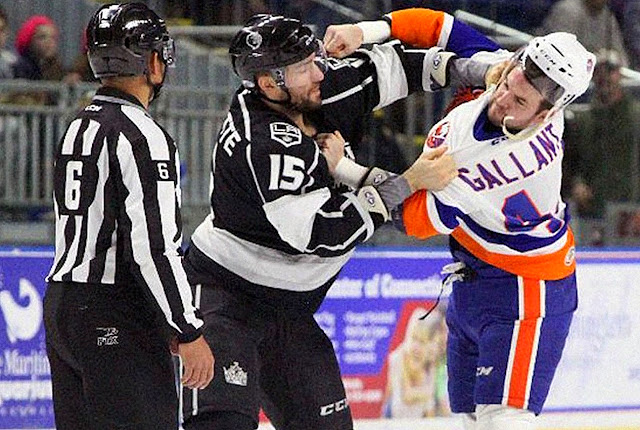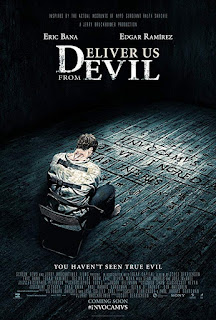Enforcers and Viewers: The Love of Violence
An ex once asked me what my philosophy degree did for me. She meant monetarily and directly, but given I have a degree in philosophy I don’t like direct thought. Masticating questions and then problematising the ones you don’t understand or can’t answer, it isn’t tangible. It certainly isn’t physical. The skill of evasion, dispassion and unabashed academic avoidance of conflict is a string the degree did add to my bow, with admittedly little effect on my wallet. My love life hasn’t exactly been gossip page excitement either.
#Philophosexy. It ain’t a thing. Don’t listen to de Beauvoir, she’s grooming you*.
As a devout boxing fan but poor boxer, rugby player of limited ability and man who would get into watching ice hockey if his eyesight allowed him to actually enjoy it, I am all for contact sports. It is perhaps contrary to my degree in a subject with a reputation for meekness and discourse. Violence thrills me and I’m not squeamish. Despite this, Ice Guardians is a documentary I really only put on in a pinch. What I got was something which reached far deeper into me, as a thoughtful man of hurtful ambitions, than your average rent-a-dom can conjure.
Brett Harvey’s film is not a simple observation of the culture of fighting; it is a brutal examination of our motivations to fight, enjoyment of seeing fights happen and of fighting’s roots in and consequences on society. Enforcers are the guys on the ice whose purpose is to protect their team’s skillful but less physically imposing players, to maim either the skillful players on the opposition team or the enforcers on the other team out to protect their guys. As you might imagine, it’s a gladiatorial role (which lends itself to cinema: see The Goon) with a reputation for crudeness.
The arguments against violence are often repulsory, made by people who instinctively don’t get anything from it. That’s fine, don’t buy the PPV or watch the sport. The concussion debate is real, don’t get me wrong, but a lot of pushback against sport with violence starts from the “I don’t like watching people get hit”, then ends up at reasons why it should be stopped which are just confirmation bias.
I’m going to hark back to it here, but because I like violence both in film and as an element of some sport, I am very much on the side of allowing it. People who try to ban any kind of contact are barking up the wrong tree. Ban headers in football? Fuck off. Limit tackling in grass roots rugby, a game which like boxing has an inherent level of consent in its contact, and fun? Get in the bin too. You won't ban F1 for all the deaths and psychopathic narcissists, ban tennis for its knackering your knees and having to be around dullards, and nor should you.
Ban having kids if you’re that scared.
People react to violence, understandably, but because of that will portray it as more dangerous than, say, driving really really fast in a car made of tin foil. Why is violence more dangerous than danger? That’s rhetorical, just in case your CTE is kicking in, which it wouldn't if you were in motor sports because you’d be a crispy pile of human they had to grate into a coffin already.
In Ice Guardians the enforcers mostly come across as intelligent, well spoken guys with a full grasp of what they do and why they do it. Yes it has consequences and undoubtedly sport needs to do more to protect its athletes during and after competing, but is erasing the sport and its unique elements, ever going to quell the love of violence?
Would it be nice to have a world where nobody fought anyone over anything, ever? Maybe. But it won’t happen and it would be boring- imagine a world with no lawyers.
Accepting violence, welcoming violence, seeking violence and enjoying violence are all different to understanding violence and that is what Ice Guardians tries to do. Ice Guardians is an 8/10.
*For Jean-Paul Sartre. Seriously, look it up, they were devious sexual miscreants who happened to be very good at philosophy and whatnot too.




Comments
Post a Comment